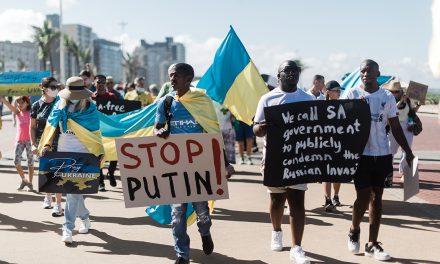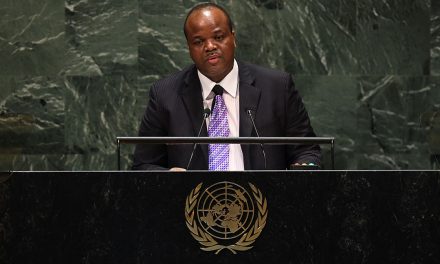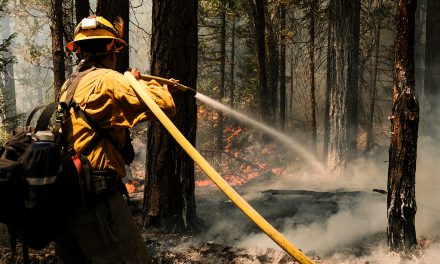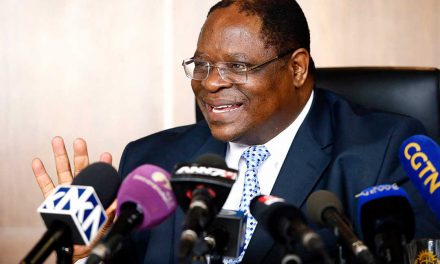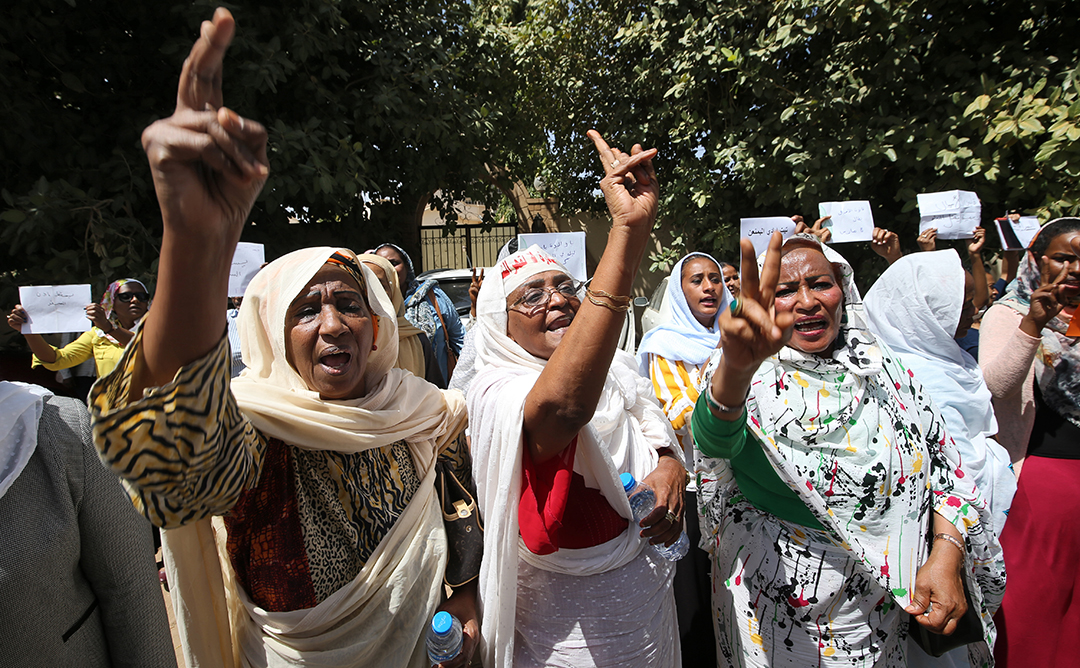
Women chant slogans during a demonstration calling for the repeal of family law in Sudan, on International Women’s Day 2020, outside the Justice Ministry headquarters in the capital Khartoum. Photo by ASHRAF SHAZLY/AFP
International Women’s Day (IWD) has been observed since the early 1900s when women’s oppression and inequality was spurring them to become more vocal and active in campaigning for change. In 1908, 15,000 women marched through the streets of New York City demanding shorter working hours, better wages and voting rights. The first National Women’s Day was observed across the United States of America on 28 February 1909 in accordance with a declaration by the Socialist Party of America.
In 1910, a second International Conference of Working Women was held in Copenhagen, where a proposal was tabled for an International Women’s Day (IWD) to be observed very year as a day where women can celebrate and press for their demands. The proposal was unanimously approved by over 100 women from 17 countries who attended the conference, and thus IWD was effected. Following discussions on the eve of World War I campaigning for peace 1913, IWD was agreed to be marked annually on March 8.
Role of African Women in Development and Economic Life and the challenges they face
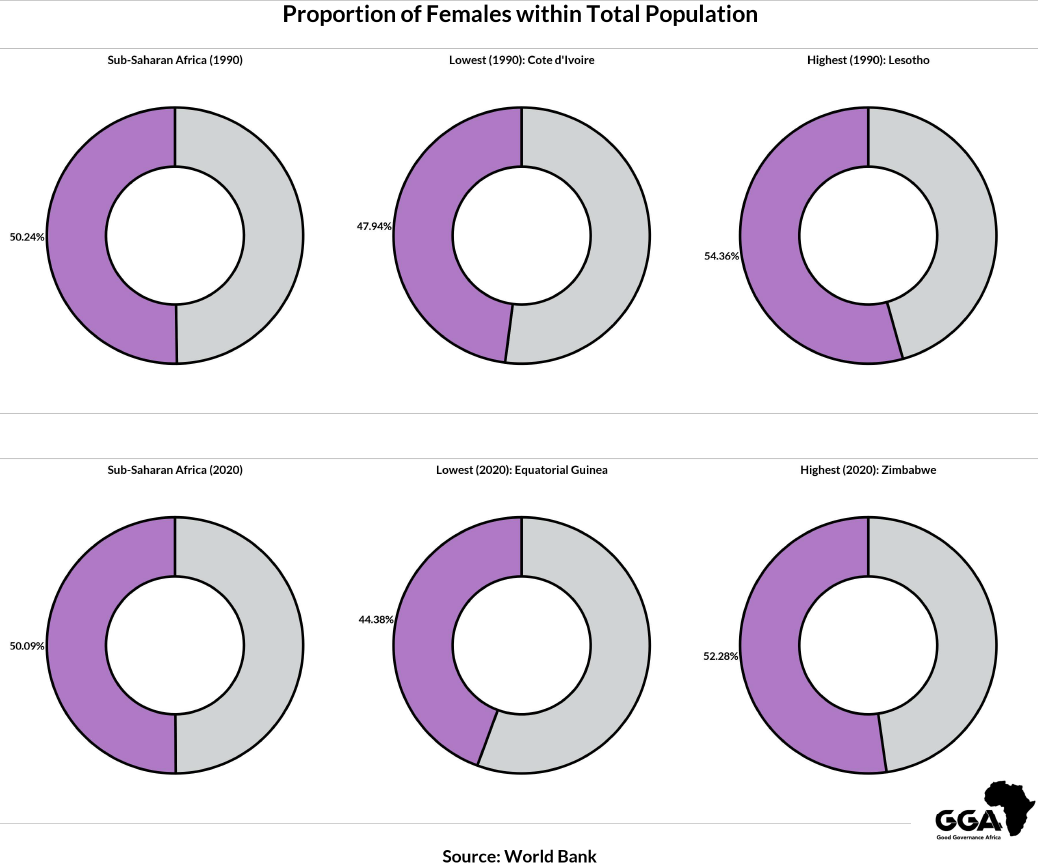
Closer to home, women represent half the population of Africa, and although they are considered internationally as one of the main pillars of economic development, they have suffered from an unjust social heritage characterised by female genital mutilation, gender-based violence and child marriage. This is in addition to discriminatory practices in terms of gender equality, wage disparity and/or bullying.
Across the continent, women are typically the primary caregivers and guardians of their children’s welfare. Moreover, they are often studying, working and managing the household at the same time. Despite their crucial role, women are too often subjected to violence by men. Gender-based violence is then perpetuated through women having highly unequal access to finance. To make matters worse, they are often excluded from access to adequate healthcare or quality education. Women are also disproportionately excluded from democratic processes, and are subject to social norms and even laws that keep them subjugated. As a result of the discriminatory practices, unemployment rates are higher among female youth compared to male youth in Africa.
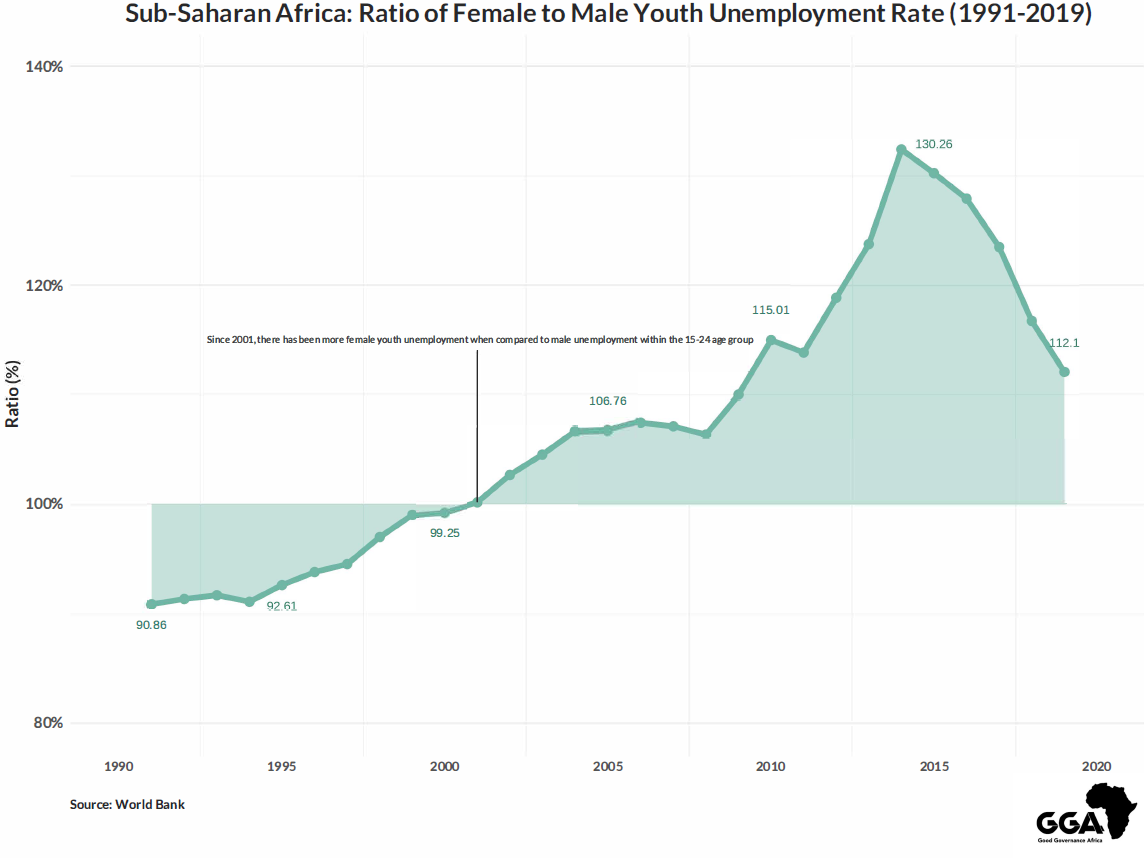
Formal sector employment has also presented challenges for women in Africa over the years. The above graphic shows that since 2001, there has been more female youth unemployment (15-24 years) compared to the male youth unemployment. According to the International Labour Organisation, an important employment challenge is tackling occupational segregation of traditionally accepted male and female jobs, and breaking the barriers in opening up professions to both sexes. Young women, particularly in developing countries, are often unable to take advantage of training opportunities due to barriers to entry, discrimination in selection and gender stereotyping.
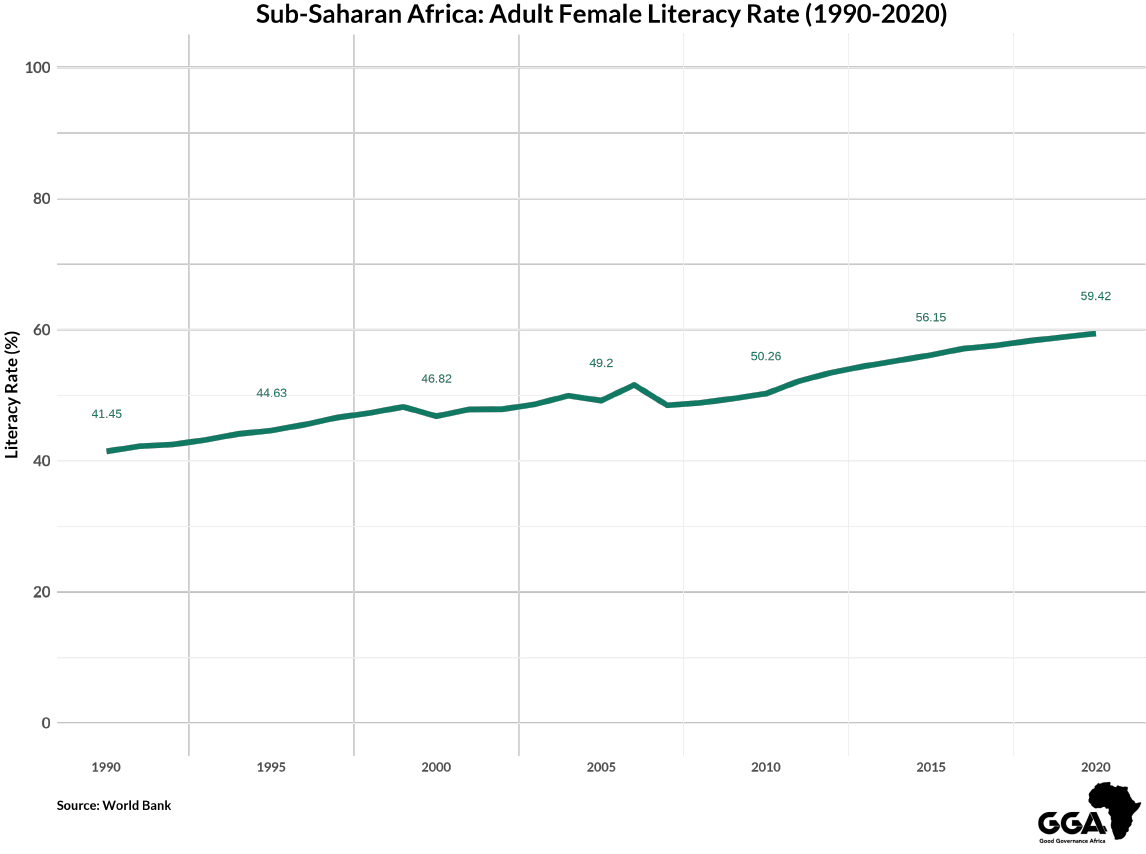
Although female literacy shows a steady increase over the years, the United Nations Educational, Scientific and Cultural Organisation has provided literacy programmes, including family literacy and intergenerational learning for the development of literate and learning societies, as well as health literacy programmes which initially focused on women as the traditional caregivers and targets of sexual violence and genital mutilation. However, women’s social roles are tightly interlinked with men’s social roles, and programmes are now taking this into account in order to include men as well.
Since the outbreak of the COVID-19 pandemic, reports have shown that several types of violence against women and girls have intensified. While the COVID-19 pandemic is claiming the lives of many, the lockdown and the resultant socio-economic burden has had a disproportionate impact on women and girls’ socio-economic welfare by threatening to reverse the hard-won gains in advancing gender equality and women’s empowerment. In Africa, there have been increased reports of abuse comprising GBV, sexual harassment, intimate partner violence, child marriage, domestic and sexual abuse of women and girls which was exacerbated significantly, particularly under the lockdowns.
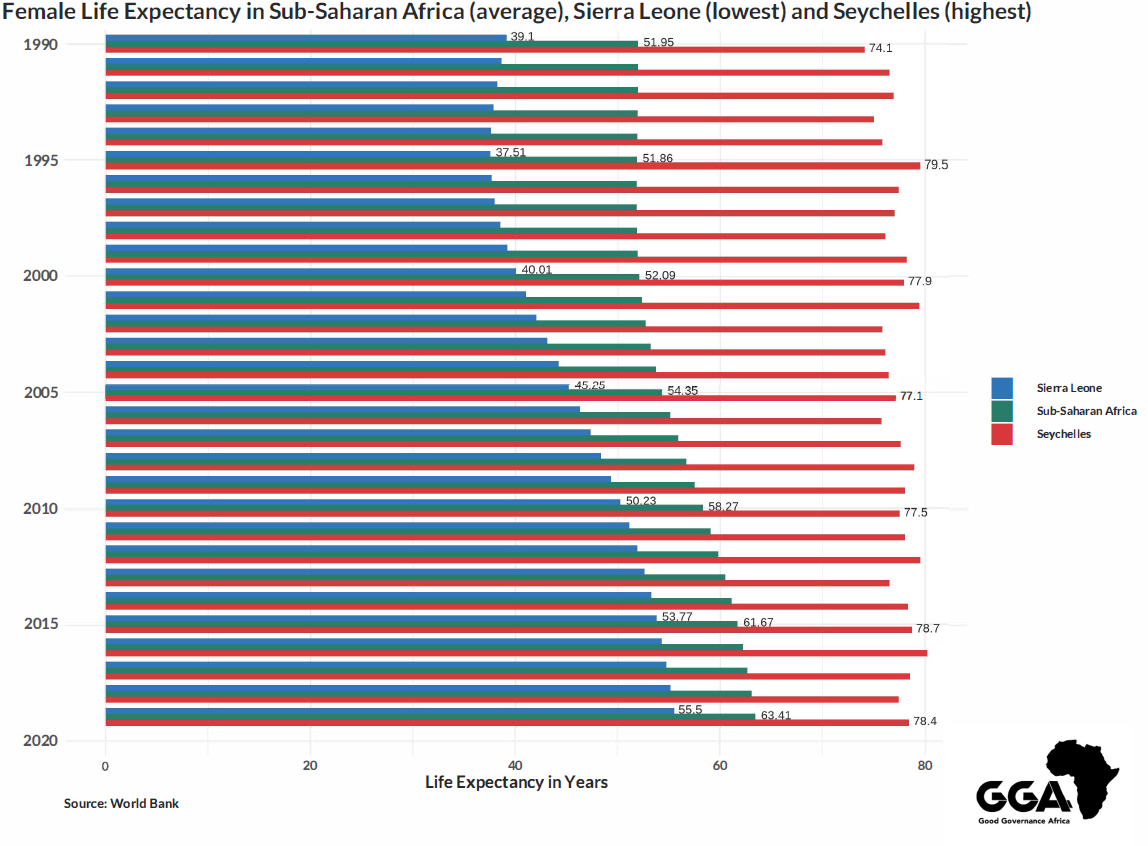
While it is apparent that there has been enormous progress in enshrining women’s rights, there are limits to the law’s power to change behaviour, as the law cannot always shape norms and/or attitudes rooted in past absences of justice. One of the greatest shortcomings of post-colonial governments over the years has been their dereliction in dealing with conflicts that arise between the dictates of state customary law, which may be discriminatory towards women, and the move towards embracing human rights with their focus on the removal of sex and gender-based discrimination.
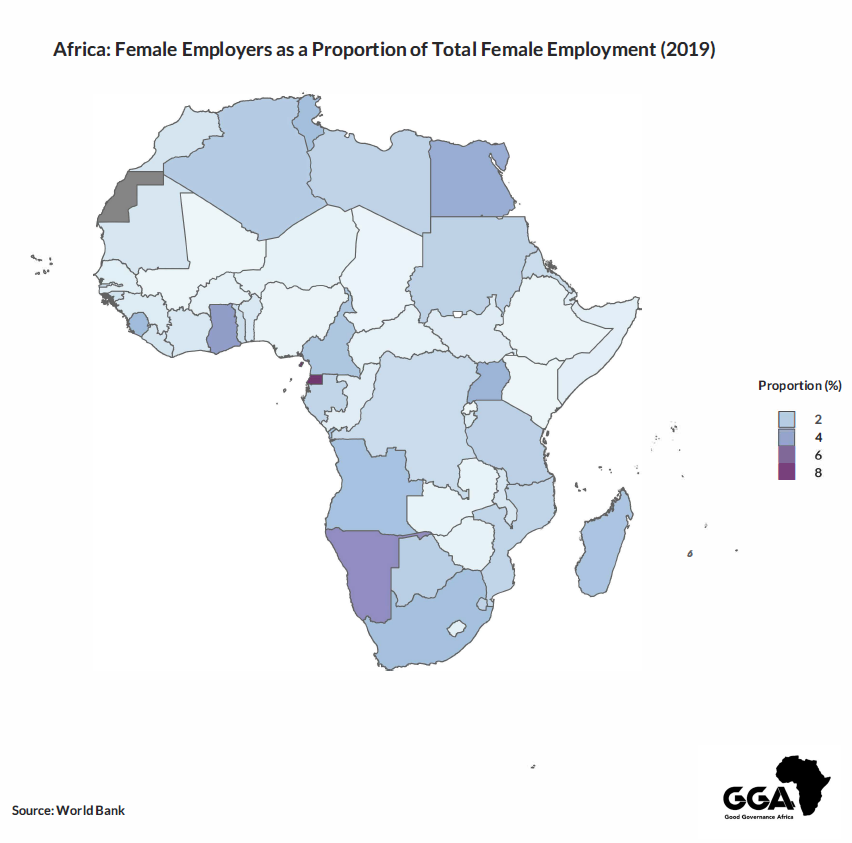
This IWD, 8 March 2022, the United Nations Women and the world at large are celebrating together under the theme “Gender equality today for a sustainable tomorrow”, and calling for climate action for women, by women.
Women’s representation in Africa’s politics increased fivefold between 1980 and 2015. Below is an overview of some of the women leaders in Africa:
African women in leadership and power
| 1983 | Sylvie Kiningi |
Kiningi became the first female acting president in Burundi and the first female president in Africa. She became the acting president of Burundi on 27 October 1993 after the assassination of President Mechior Ndabaye. She also served as the prime minister of Burundi, the first and only woman to hold the position in the country.
|
| 2005 | Ellen Johnson Sirleaf |
Liberian “Africa’s Iron Lady”, made history when she became the continent’s first elected woman president in 2005. Prior to her term, Sirleaf served as an international civil servant and finance minister, and economist. She won a second term in 2011 and the Nobel Peace Prize the same year. She stood down in 2018 at the end of her second mandate. Sirleaf managed to maintain peace in the troubled West African country ravaged by civil wars, but her economic record was less strong and extreme poverty persists.
|
| 2009 | Rose Francine Rogombé |
Rogombé served as the acting president of Gabon from June 2009 to October 2009 after the death of President Omar Bongo. She was the first female Head of State of Gabon. She also served as a Secretary of State for the Advancement of Women and Human Rights during the 1980s.
|
| 2012 | Joyce Hilda Banda |
Following the sudden death of President Binguwa Mutharika, Banda took office and served as the first female President of Malawi from 2012 to 2014. She was also the first female vice-president and second Head of State of Malawi. Prior to her term in office, she served as a Member of the Parliament, Minister of Gender and Child Welfare, and as a foreign Minister. In 2014, Forbes named her as the 40th powerful woman in the world and the most powerful woman in Africa.
|
| 2012 | Agnes Monique Ohsan Bellepeau |
Bellepeau served as the acting president of Mauritius from 31 March 2012 – July 21, when Sir Anerood Jugnauth resigned. She was again acting President from 29 May 2015 to 5 June 2015 when Kailash Purryag resigned. She was also the Vice President of Mauritius from 2010-2016.
|
| 2014 | Catherine Samba-Panza |
Samba-Panza is a Lawyer who served as the acting president of the Central African Republic from 2014 to 2016 after President Michel Djotodia’s resignation. Prior to becoming president, she was the Mayor of Bangui. She was the first female Head of State in Central African Republic and the 8th female Head of State in Africa.
|
| 2015 | Ameenah Gurib-Fakim |
Gurib-Fakim is a Mauritian politician and biodiversity scientist, who served as the president of Mauritius from 2015-2018. She is the first female elected as president of the country.
|
| 2018 | Sahle-Work Zewde |
Zewde is the first elected and current female president of Ethiopia. She took office on 25 October, 2018 after being unanimously elected by members of the National Parliamentary Assembly.
|
| 2021 | Samia Suluhu Hassan |
Hassan is serving as the sixth and current president of Tanzania. She took office after the sudden death of former President John Magufuli.
|
Source: https://www.news24.com/news24/africa/news/women-presidents-in-africa-20210318
Tracing the progress of African woman from the eve of the colonial period to the present, a general upward trend can be seen on key variables (on aggregate). However, there are severe systemic issues that still need to be addressed in order to ensure that women are afforded the opportunity to live safe and prosperous lives.
[activecampaign form=1]

